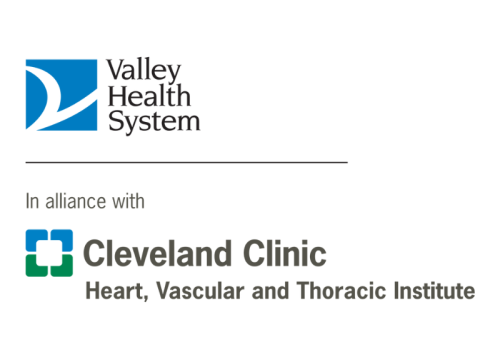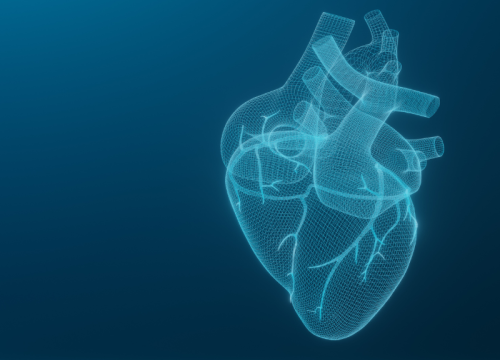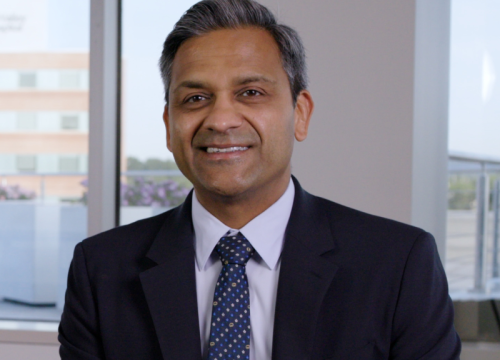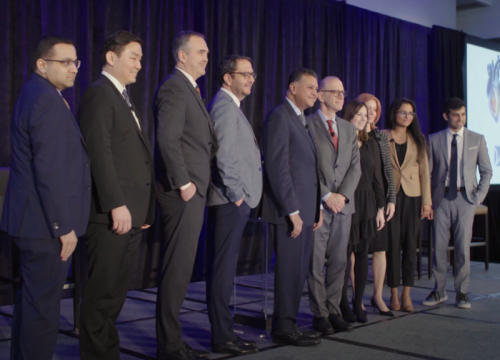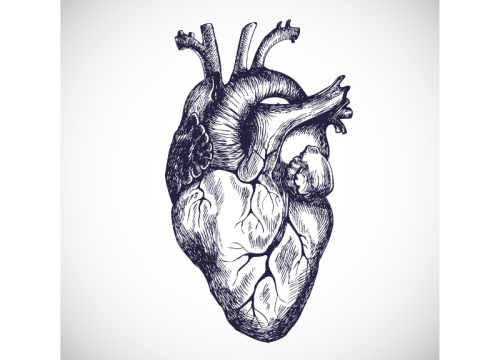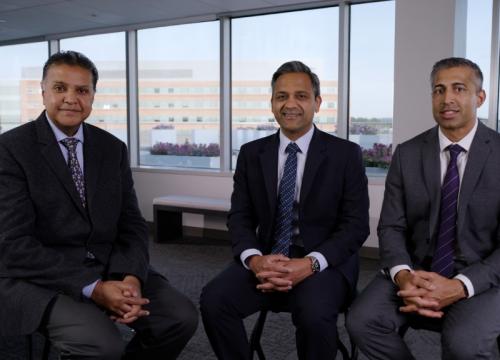
A recent survey conducted by the Cleveland Clinic examined a nationally representative, general population of 1,000 Americans to determine what they think of the value artificial intelligence (AI) has in their heart care. Valley’s cardiovascular program is an alliance member of Cleveland Clinic’s Heart, Vascular & Thoracic Institute.
According to the survey, AI’s impact on heart care is receiving mixed reviews. While 61% of Americans believe that AI will lead to better heart care, more than 70% feel the health advice they receive from a computer chat box is believable, and nearly 90% of those polled indicated they would seek a physician’s advice before acting on recommendations based on AI alone.
Americans are doing more to support their heart health through the use of wearable technology. Interestingly, while 50% of Americans use at least one type of wearable technology to monitor their health, only 23% connect this use to monitoring heart health. Daily step count is the most tracked health-related metric with three in five Americans (60%) tracking their steps; other commonly used metrics include tracking their heart rate (slightly more than 50%) and tracking calories burned (40%). Staying active is an important part of reducing your risk of developing heart disease.
The survey also reported that by using health monitoring technology, Americans are experiencing significant physical and mental health benefits. Four in five Americans (79%) have noticed positive changes to their physical or mental health. Among physical benefits, increased levels of physical activity are most common. Fifty-three percent of individuals report getting more steps each day and say they began to exercise more regularly. Twenty-seven percent of Americans have found they are more intentional about finding time to de-stress and relax.
“With technological advancements today, including wearable monitors, people can stay on top of their health more than ever before,” said Suneet Mittal, MD, Chair of the Cardiovascular Service Line for Valley Health System. “Health monitoring technology is a great first step to beginning a heart-healthy lifestyle. Individuals can begin to track their physical activity and monitor their heart rate, pulse, and sleep.”
Additional ways to reduce your risk of developing heart disease, include:
- Become familiar with your family history of heart disease. If you have a family history of heart disease, be proactive and get screened for the condition.
- Have your blood pressure checked regularly.
- Follow a heart-healthy diet and exercise plan. Walking is a great way to be active.
“Assessing your risk of heart disease starts with regular cardiac screening,” explains Dr. Mittal. “To help our community stay healthy, The Valley Heart and Vascular Institute offers coronary calcium CT screening at a reduced rate of $99 for self-pay patients.”
A coronary calcium CT scan is a painless, non-invasive imaging test that can help assess the location and extent of plaque build-up in the coronary arteries – a marker for heart disease – before symptoms develop. The screening is typically recommended for patients with risk factors for coronary artery disease, including family history, diabetes, high blood pressure, and high cholesterol, and those who smoke, are overweight, or physically inactive. A physician’s prescription is required.
To learn more about Valley’s coronary calcium CT scan, please visit ValleyHealth.com/Calcium.


